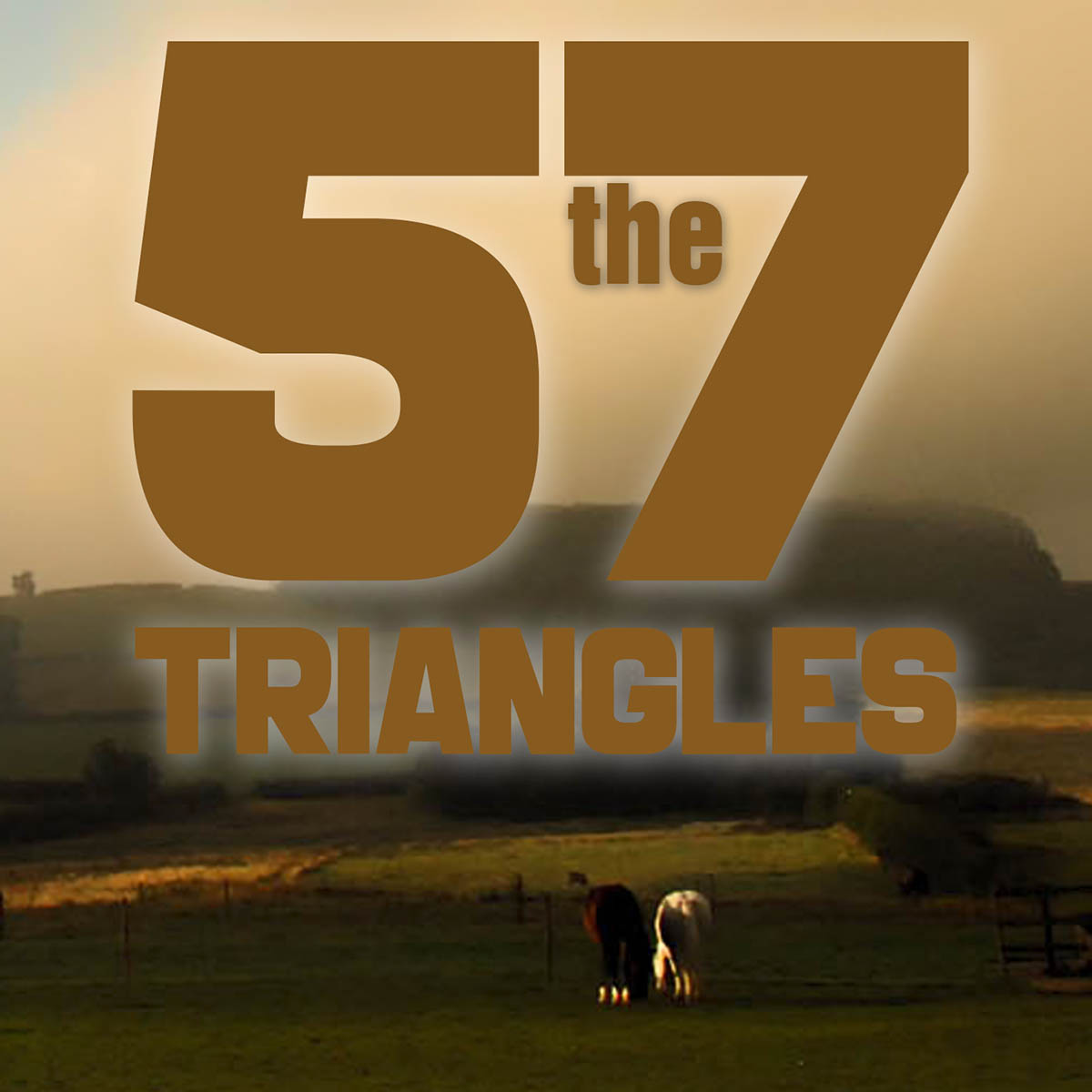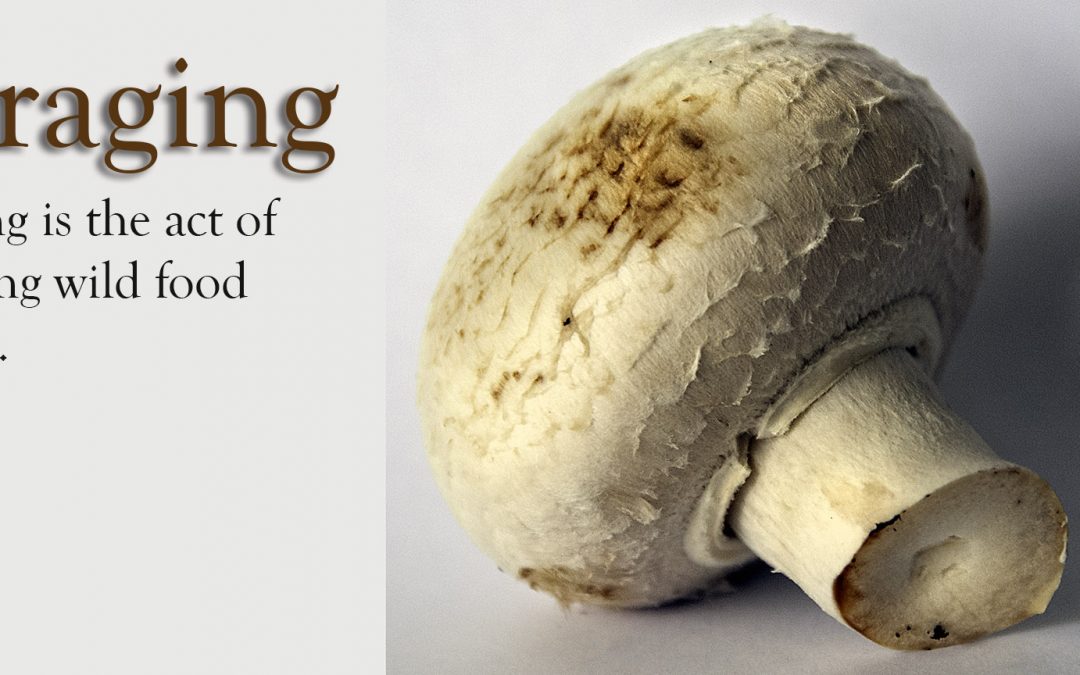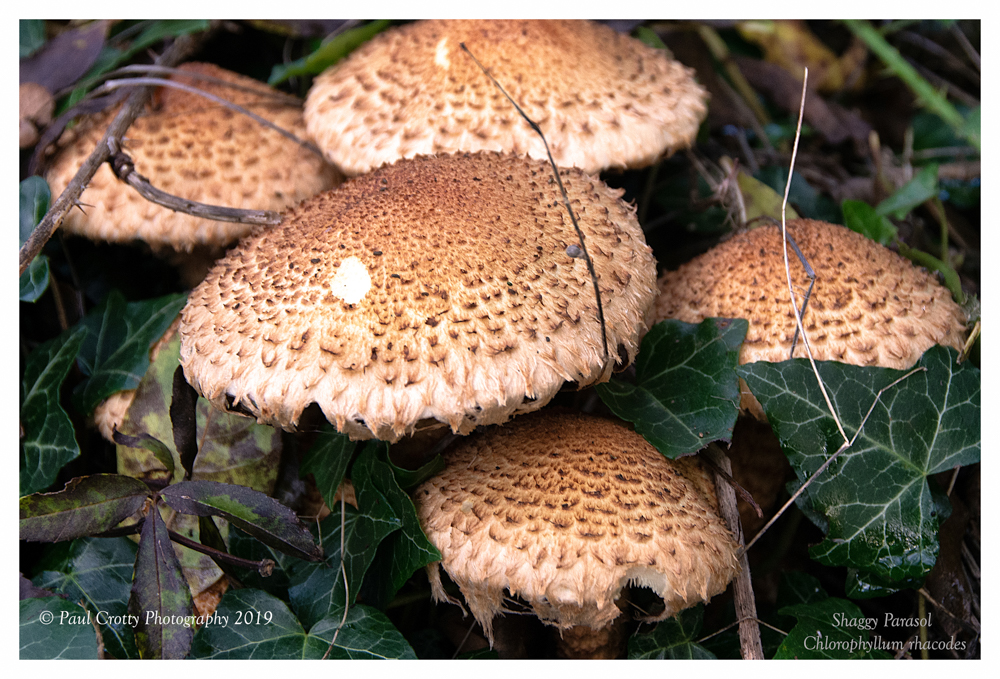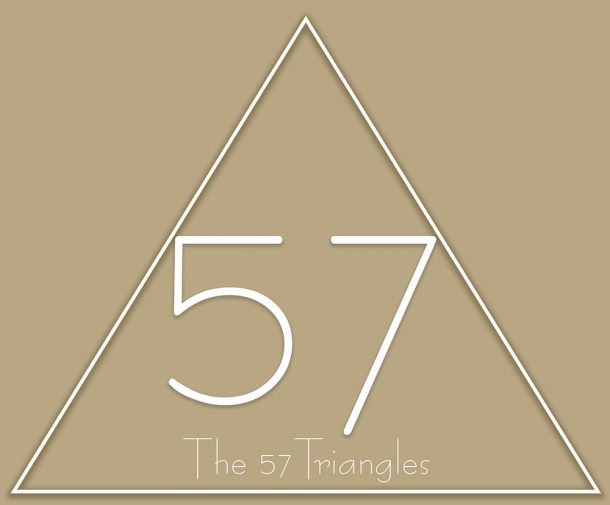This post is under development. It will be added to as new content becomes available.
What can be better than to forage for free, fresh food growing naturally in our countryside our urban landscapes and our gardens even.
What is foraging?
Foraging is the act of gathering wild food for free. Although it’s gained far greater popularity in recent years, for our distant ancestors foraging would simply have been a way of life – a necessity in fact. As recently as World War 2, collecting wild rosehips to make syrup became an important way of supplementing vitamin C intake when the importation of fruits such as oranges was widely restricted.
____________________________________________________
* Do not forage for food unless you
absolutely know what you are collecting
and how to treat it, especially mushrooms and fungi.
In addition you should not trespass in order to collect food.
If the land owner wishes they can confiscate your collection and prosecute you
____________________________________________________
I have always foraged, even as a child. It was more common then, people did appreciate the natural larder that is out there! and to an extent it was a necessity for some people. Even within my lifetime, especially those living in the countryside not only picked wild fruit and vegetables, they also killed game, caught fish, collected eggs and such like. Of course some of these things are now illegal, and perhaps so they should be. As a child I remember regularly eating Rabbit, Duck, Pheasant, Pigeon and even Rook. This was in those years just after the II World War in the 1950’s. As time moved forward supermarkets became the norm and in many ways many of us lost touch with those wild sources of food. Certainly the availability of wild meat!
However I continued to gather Mushrooms and Berries when in season. I can assure you that to eat fresh mushrooms for breakfast picked that early morning is a real treat. You will never find such tasteful mushrooms in a supermarket.
Some individuals have continued to forage in the true sense of the word and try to live entirely off the ‘land’. In doing so they have acquired considerable knowledge on the subject. Now with the aid of the internet and books you too can access that knowledge.
You can forage in any month of the year but, obviously, during the winter only certain things are available and these items may not be to your taste. Some of the things that serious forages collect are truly not that tasty!
Where you live may pose you certain problems as well. If you live in the middle of our country collecting seaweeds requires a considerable journey, or you do it when on a holiday for example, your holiday may not coincided with the season for that item.
Something I have noticed is that many more people are gathering fruits etc, but these tend to be Eastern Europeans who obviously still have foraging as part of their culture. Our increased population does have one downside. All to often you find groups of fungi or mushrooms trampled randomly by people who do not care and or understand what they are destroying. The outcome of this is it is more difficult to find things to forage!
Often forgeable things have multiple uses such as jams, cordials, pickles, compotes and so on. If they can be preserved or frozen then all the better, your free food lasts longer. Blackberries collected in the late summer can be cooked down with some added sugar and frozen to be consumed throughout the year
Some even can be used medicinally!
The list of forgeable foods is impressive, https://www.eatweeds.co.uk/
this is a great site full of good information and recipes.
The Other side to Foraging
To forage requires you to get outside and walk, usually through countryside, leafy lanes or wander by a hedgerow. It makes you exercise to a greater or lesser extent. Whichever it is good for you. In foraging you will become closer to nature, get fitter, eat healthier and improve your wellbeing.
FORAGING EQUIPMENT.
At the very basic level you need a container to put your foraged items into to get them home undamaged and fresh. You may also need gloves, a hat and a cutting implement. A planned excursion should include wearing correct clothing for the weather and terrain conditions. Just picking black berries can be a perilous affair with barbs, insect bites and other such wounds.
Sources:
The Wild Foods of Great Britain
L Cameron – Originally published in 1917
The Foragers Calendar
John Wright
Mushrooms
Roger Phillips
https://www.woodlandtrust.org.uk/visiting-woods/things-to-do/foraging/
https://www.wildfooduk.com/ – for courses and information




Recent Comments